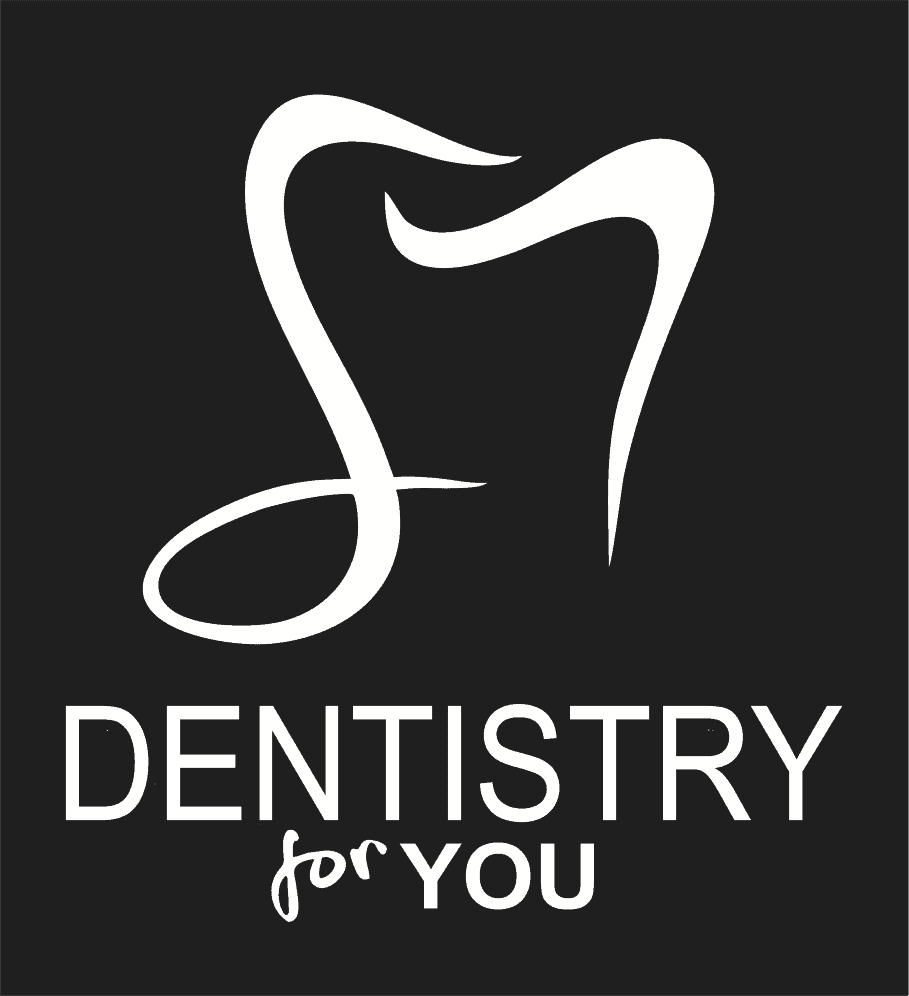
13 Feb Sensitive Teeth: Causes and Remedies – Unlocking the Secrets to a Pain-Free Smile
Causes and Remedies for a Pain-Free Smile
Ever feel a twinge of pain sipping hot coffee or enjoying a cold treat? You might have sensitive teeth. Don’t worry! In this guide, we’ll explore tooth sensitivity, its causes, and simple solutions for a joyful, pain-free smile. Join us to understand why your teeth may be sensitive and discover ways to indulge in treats without discomfort. Empowering you with insights and practical tips, we aim to make your dental well-being a source of joy. Come with us as we navigate sensitive teeth, unravel mysteries, and pave the way for dental bliss.

What Causes Sensitivity?
- Enamel Erosion: The Silent Culprit
Tooth enamel is like a bodyguard for your teeth, shielding them from daily wear and tear. However, things like acidic foods can wear it down, exposing sensitive nerves and causing heightened tooth sensitivity. Let’s take a closer look at how this silent contributor can impact your dental comfort.
- Gum Recession: The Sneaky Revealer
Have you noticed your gums pulling away from your teeth? Gum recession not only affects your smile’s appearance but also uncovers the sensitive roots of your teeth. Understanding this process sheds light on why addressing gum health is crucial for overall dental well-being.
- Cavity Conundrum: Holes of Discomfort
Cavities are more than just holes – they expose your dental nerves, leading to discomfort and sensitivity. Let’s explore the journey of cavities, understanding how they become catalysts for dental distress and steps to prevent and manage them effectively.
- Bruxism Blues: The Nighttime Grind
Do you clench or grind your teeth, especially during sleep? This habit, known as bruxism, can lead to enamel erosion and increased tooth sensitivity. Let’s uncover the ins and outs of bruxism and learn practical strategies to put the brakes on this nighttime menace.
Understanding these contributors to tooth sensitivity empowers you to protect your teeth. By delving into the intricate factors that contribute to sensitivity, you gain valuable knowledge that forms the foundation for a proactive dental care approach. Armed with this understanding, you can take deliberate steps to safeguard your dental health and minimize the impact of sensitivity on your daily life.
Taking preventive measures becomes a personalized journey as you implement targeted strategies to address the specific causes identified. This may involve adjustments to your oral care routine, dietary choices, and lifestyle habits. Embracing these preventative actions not only acts as a shield against sensitivity but also fosters an overall healthier dental environment.
Remedies and Solutions
- Desensitizing Toothpaste: Your Relief Companion
Discover the wonders of desensitizing toothpaste! Acting like your trusted ally, it provides relief by blocking nerve signals. With its temperature-sensitive shield, you can bid farewell to wincing when enjoying your favorite treats. Let’s explore the practical benefits for a more enjoyable dental experience.
- Fluoride Fortification: Strengthening Your Teeth
Delve into fluoride’s superhero role in fortifying your teeth. Beyond preventing cavities, this essential mineral plays a crucial part in reducing sensitivity and boosting overall dental health. Learn how to effectively incorporate fluoride into your daily oral care routine for resilient teeth.
- Gentle Brushing Techniques: The Key to Oral Health
Surprisingly, your brushing technique matters more than you might think. Learn the art of gentle brushing to prevent enamel erosion and gum recession. It’s not just about how often you brush but doing it right. Explore the nuances of a gentle brushing approach for a healthier and less sensitive smile.
- Mouthguard Magic: Managing Bruxism
If teeth grinding is a concern, discover the benefits of a customized mouthguard. This simple yet effective device can be your ally in the battle against nightly grinding. Learn how a properly fitted mouthguard protects your teeth, preserves enamel, and reduces sensitivity. Uncover the secrets of incorporating this solution into your routine for a more comfortable and resilient dental future.
By exploring these practical remedies and solutions in detail, you can address sensitivity and work towards a lasting, pain-free smile. Embrace these strategies to empower yourself with newfound comfort and resilience in your dental well-being.
Conclusion: A Pain-Free Tomorrow Awaits
In closing, let’s welcome a pain-free tomorrow by embracing these practical tips. Say goodbye to tooth sensitivity as you effortlessly incorporate these effective remedies into your daily routine. Soon enough, you’ll relish your favorite treats without the slightest hint of discomfort. By committing to these solutions, a future marked by a happy, pain-free smile awaits you. Take control of your dental well-being and enjoy delightful moments without tooth sensitivity. Your beaming smile is ready for a successful comeback, ensuring a future filled with the pure pleasure of your beloved treats.

FAQs: Your Queries, Answered!
What causes sudden tooth sensitivity?
Various factors like cracked teeth, recent dental procedures, or whitening products can cause sudden tooth sensitivity. If it persists, consult your dentist for a personalized solution.
Can sensitive teeth be a sign of a severe dental issue?
Yes, prolonged sensitivity may indicate underlying dental problems. Seeking professional advice is wise to rule out conditions like gum disease or dental infections.
How can I make desensitizing toothpaste more effective?
Use desensitizing toothpaste consistently in your daily oral care routine. Pair it with a soft-bristled toothbrush and consider avoiding acidic foods for maximum effectiveness. Consistency is key.
Is teeth sensitivity reversible?
In many cases, yes. Following proper oral hygiene, using desensitizing products, and addressing root causes can often reverse tooth sensitivity. Consult your dentist for personalized guidance.
Can stress contribute to teeth sensitivity?
Absolutely. Stress-induced teeth grinding, known as bruxism, can lead to enamel erosion and increased sensitivity. Managing stress through relaxation techniques or a customized mouthguard can help. Proactive measures can contribute to maintaining optimal oral health and minimizing tooth sensitivity.
Is it normal to experience sensitivity after a dental cleaning?
Yes, mild sensitivity after a dental cleaning is common. It’s usually temporary and should subside shortly. If it persists or worsens, inform your dentist for a thorough evaluation.
Should I avoid teeth whitening if I have sensitive teeth?
It’s advisable to consult your dentist before teeth whitening if you have sensitive teeth. They can recommend gentler products or procedures to ensure a brighter smile without discomfort.
Are there specific foods that can worsen tooth sensitivity?
Yes, acidic foods like citrus fruits, tomatoes, and certain beverages can exacerbate tooth sensitivity. Limiting the consumption of these items can help minimize discomfort. Adopting a well-balanced diet that supports overall oral health can contribute to reducing sensitivity.
Ready for a pain-free smile? Schedule your dental appointment today!





Sorry, the comment form is closed at this time.